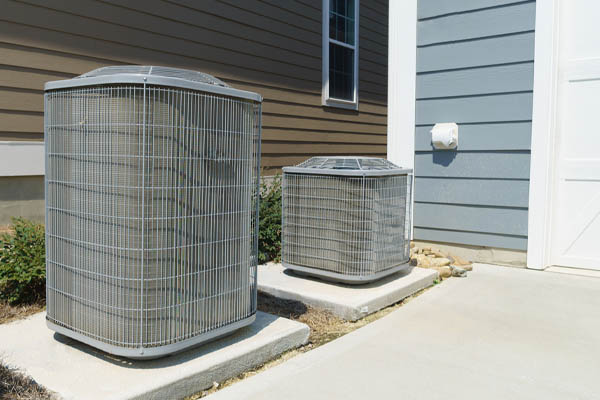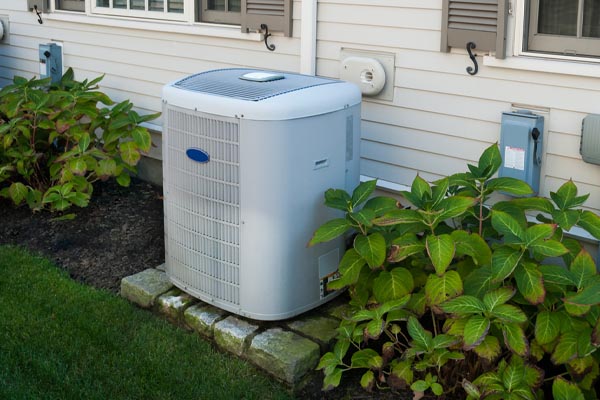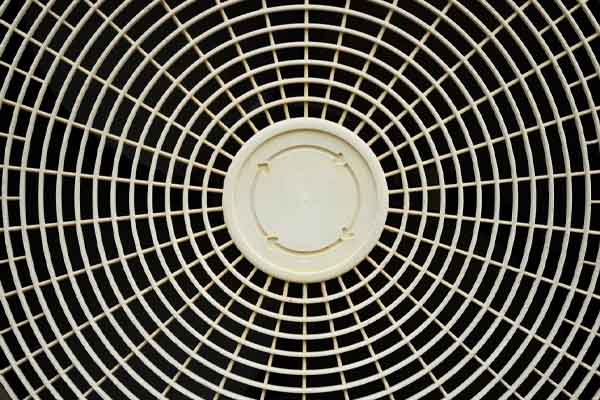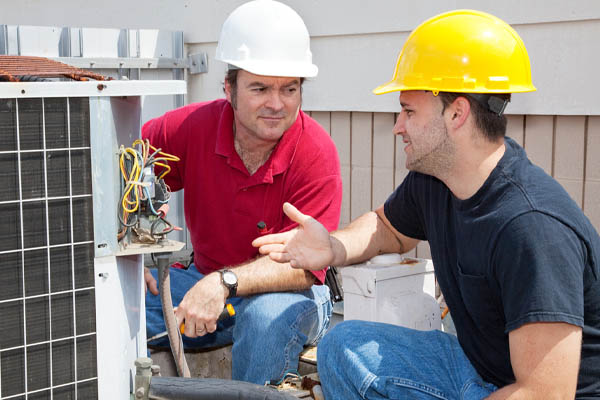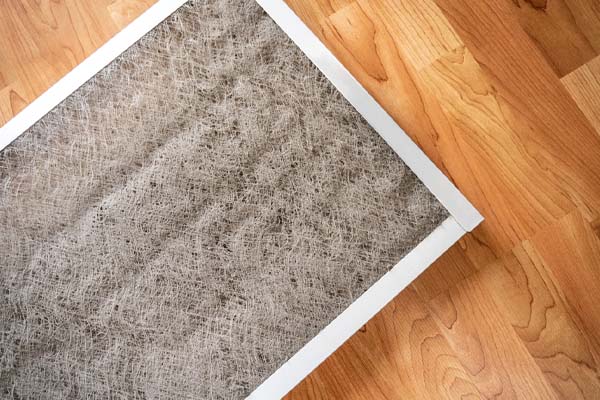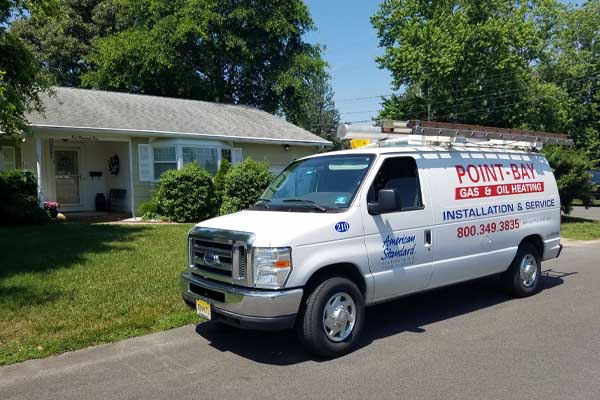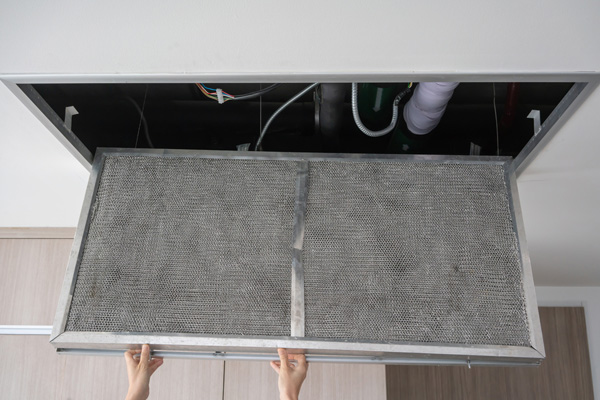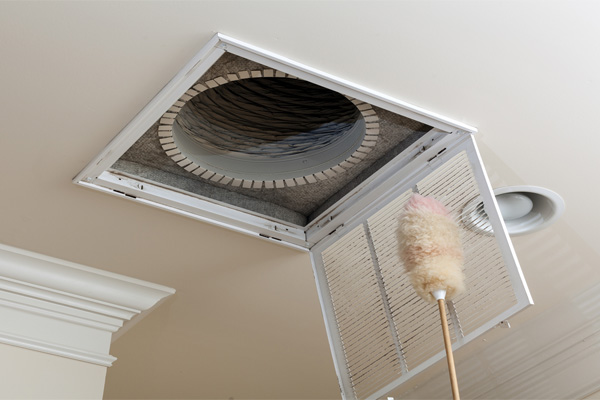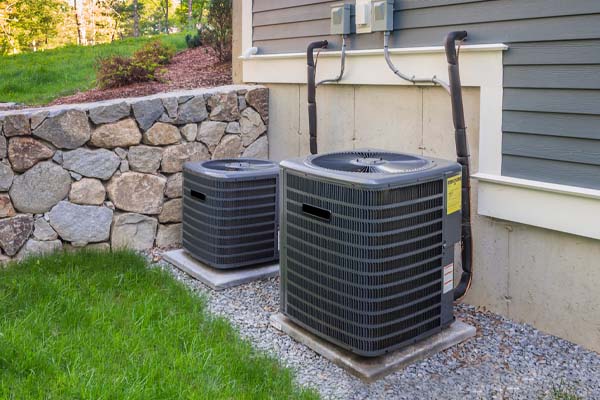
Air conditioners should operate consistently. It should run until the set temperature is achieved, and it should be able to maintain this temperature. If your system isn’t working how you expect it to, you may need to find the reason behind this issue. For instance, your air conditioner may start cold but get warm over time. This is a cause for concern. Moreover, it can be a frustrating situation to be in during the summer when you rely on your cooling system for relief. In this article, we discuss some of the common causes of a home air conditioner starts cold then gets warm.
AC Troubleshooting: Home Air Conditioner Starts Cold Then Gets Warm
Air conditioners should blow cold air. They will only stop when the temperature is reached per your thermostat settings. It shouldn’t suddenly blow warm air. Your system may be faulty when it starts with cold air but reduces to warm air. Below, we discuss the common causes of this cooling system issue. Don’t ignore the problem and call an HVAC contractor to help resolve the issue immediately.
What Are the Most Common Reasons An Air Conditioner Blows Warm Air?
Here are some of the culprits behind an air conditioner blowing warm air:
Air Conditioner Thermostat Settings
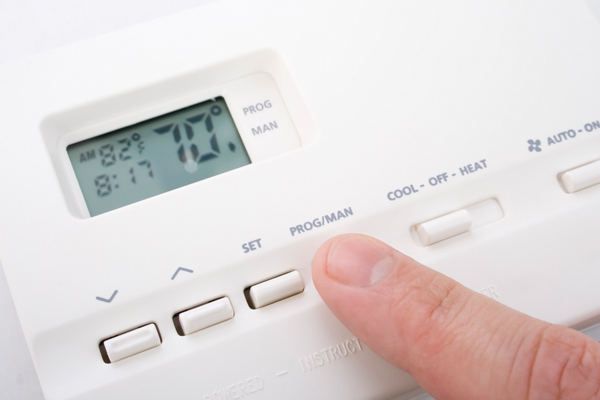
The thermostat controls your air conditioner. Its job is to sense the environmental conditions and modulate the cooling unit’s activity to reach and maintain the temperature setting. Assuming your thermostat works as it should, check the settings. Someone may have changed it without you knowing or programmed it to work that way. The thermostat may also be malfunctioning because of a low battery charge.
Missing Or Dirty Air Conditioner Air Filters
Dirty air filters hinder the airflow. This burdens the blower and other air conditioner components. It also causes faster wear and tear and reduced efficiency. Missing filters can also be destructive since pollutants and dirt can get into your cooling system unchecked. A thick layer of dirt on the evaporator coils prevents the thermal transfer. It also decreases efficiency and may cause the unit to freeze.
Air Filter Maintenance
Air filters need to be maintained consistently. As time passes, their effectiveness decreases. They need to be replaced before they become a liability. Most homeowners can do this easy task. How often you need to replace the air filter depends on the level of use. A good general rule of thumb to follow is to check the filter every month. Some homes may need to change their filters every two months. If you have several pets at home, you may need to replace the HVAC filter once a month. On the other hand, vacation homes that aren’t always occupied may require filter replacement every six months.
Low Air Conditioner Refrigerant
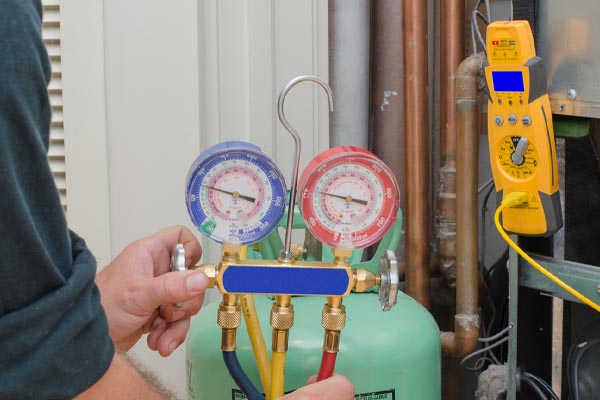
The refrigerant acts as the cooling system’s lifeblood. It transfers the heat from inside the house to the outdoors. It travels around the system, cooling your home with every cycle. The air conditioner requires a certain amount of refrigerant to work as expected. A leak reduces the refrigerant level, reducing the efficiency. It also results in the air conditioner struggling to keep up with the cooling demands.
Dirty or Damaged HVAC Ductwork
Blowers circulate the cold air from the central air conditioner to different rooms across the house via the ducts. Damaged ductwork means the cold air leaks out. As a result, the farthest rooms may not receive cold air, and hot air may instead come out of the ducts. Damaged ductwork can also cause the system to overwork to reach the desired temperatures. This only hastens wear and tear that may eventually result in premature air conditioner replacement.
Dirty or Frozen Air Conditioner Evaporator Coils
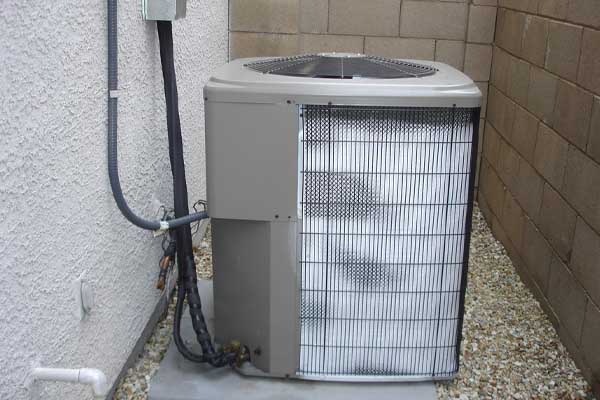
Evaporator coils gather the heat inside your home. Coils that are too dirty will not work as they should. As a result, the indoor air cannot heat the refrigerant inside the coils and may freeze the coils as a result. It will only get worse until it is resolved. Make sure to clean the coils regularly, so this problem doesn’t occur.
Air Conditioner Electrical Problems
Keep an eye out for electrical problems with your air conditioner. One or more air conditioning parts that don’t receive adequate power will cause a domino effect. As a result, warm air will come out of the air conditioner blower.
How To Avoid Unnecessary Issues with Your Air Conditioner
Here are some steps to take to prevent unnecessary issues with your air conditioner:
Replace HVAC Filters Frequently
Adequate airflow is necessary to ensure proper air conditioner function. The biggest blockage to these is dirty HVAC filters. Therefore, it is necessary to change the air filters. Don’t let filters stay in your system for longer than three months. You may opt to change it every two months just to be safe. However, if you have pets or other factors that impact its condition, change the air filters once a month.
Schedule Annual Air Conditioner Maintenance
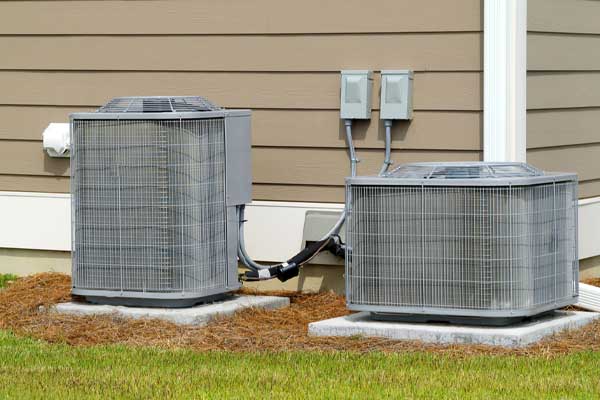
Do intensive cleaning around your home during spring. It is recommended that you include yearly professional air conditioner maintenance during this time. This way, the system is prepared for intense use for the coming hot season. Technicians may also find problems early, so they are fixed immediately. They will clean and lubricate the air conditioner as well so you can enjoy smoother and more efficient cooling. Other benefits include improved comfort, reduced cooling bills, and extended system lifespan.
Landscape at Least Two Feet Away from the Condenser
Be mindful of dirt and debris to keep clogs from happening in your outdoor condensing unit. Trim any nearby shrubs and plants. Remember to maintain at least a two feet perimeter around the unit. Inspect the top and get rid of any debris, as you can commonly see dried twigs and leaves around the unit. Sweep them with a broom or remove them by hand.
What To Do When Your Air Conditioner Blows Warm Air
Go through the list above if you notice that your air conditioner is blowing warm air. Check for the likely causes and determine the exact cause. This way, you can implement the correct solution. Call an HVAC professional immediately if the problem persists so it doesn’t become a bigger issue. Early intervention is always cheaper than long-term neglect. You might even need to replace your whole HVAC system if it’s the case.
Conclusion
Air conditioners are built to remove heat from your home. If warm air comes out of your air conditioner, do something about it right away. Troubleshoot as best as you can and ask for help from HVAC professionals to get advanced solutions. Acting quickly can save your air conditioner from system failures and save you money from costly replacements.
Call Point Bay Fuel For All Of Your HVAC Requirements

Point Bay Fuel provides high-quality HVAC services in Ocean and Monmouth County, New Jersey. Rest assured, our company only hires the best professionally certified technicians who can address all your heating and cooling services needs, such as boiler repairs, AC installation, furnace replacements, and more. Each one of our friendly techs is skilled, knowledgeable, and experienced in correctly servicing all makes and models of HVAC systems.
Call Point Bay Fuel for highly competitive HVAC service rates in the area. We can improve your home’s comfort and energy efficiency while reducing your energy costs. Should your system require a repair or replacement, we can find the best solution that fits within your budget. We back all our work with a guarantee. Do not hesitate to call Point Bay Fuel to schedule a service appointment today. We offer free, in-home estimates.
Contact us now by calling (732) 349-5059 to speak to one of our home comfort specialists!
The post AC Troubleshooting: Home Air Conditioner Starts Cold Then Gets Warm appeared first on Point Bay Fuel.


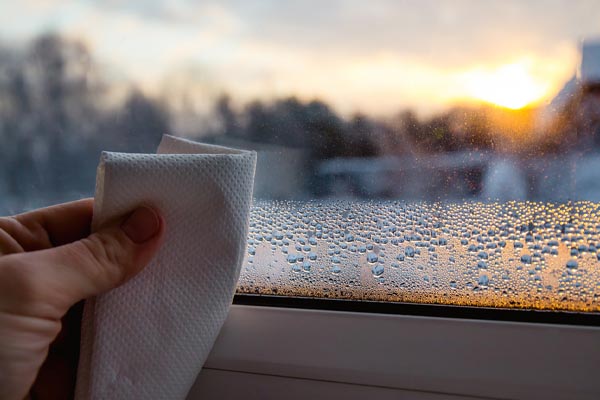
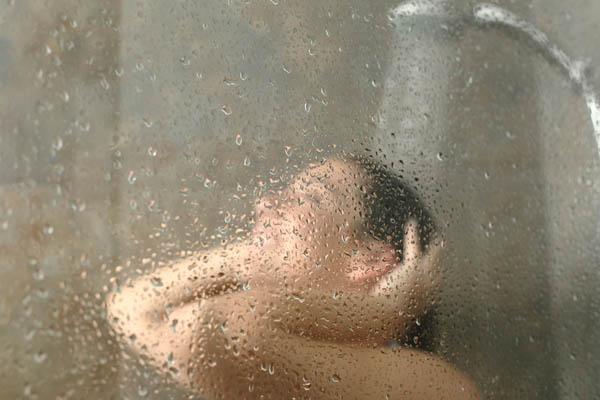
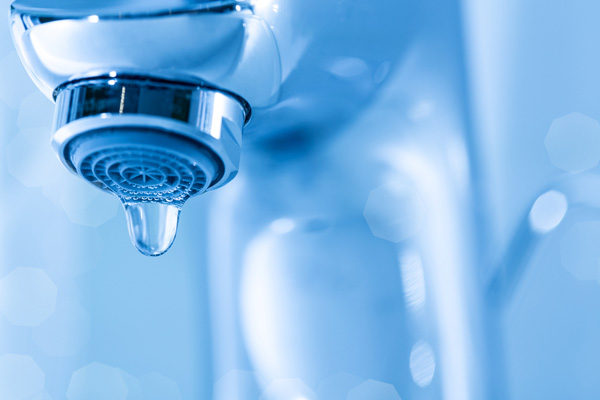
 Allergens and other pollutants multiply in places with excessive humidity. When you are able to control the amount of moisture in the air and keep the
Allergens and other pollutants multiply in places with excessive humidity. When you are able to control the amount of moisture in the air and keep the 